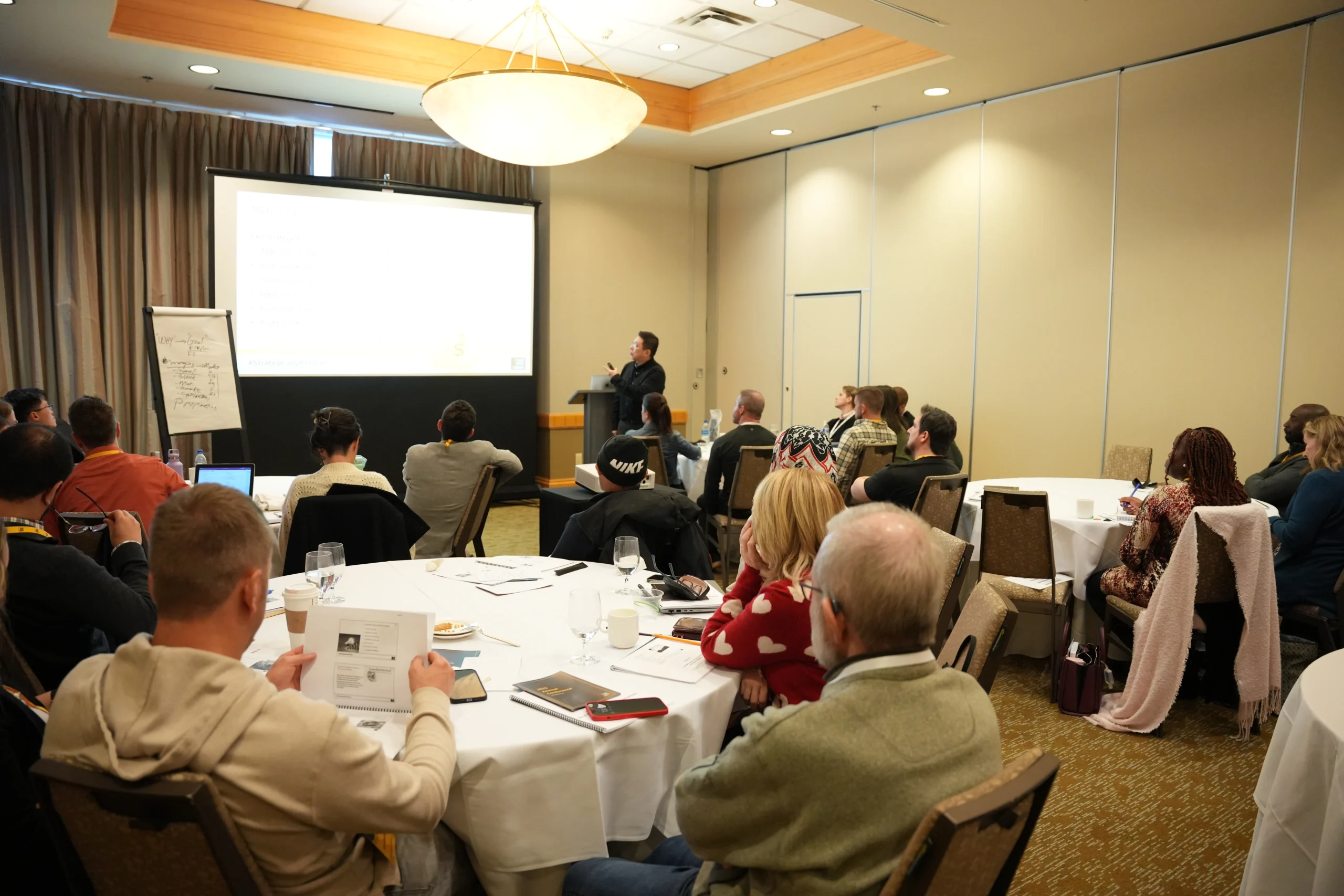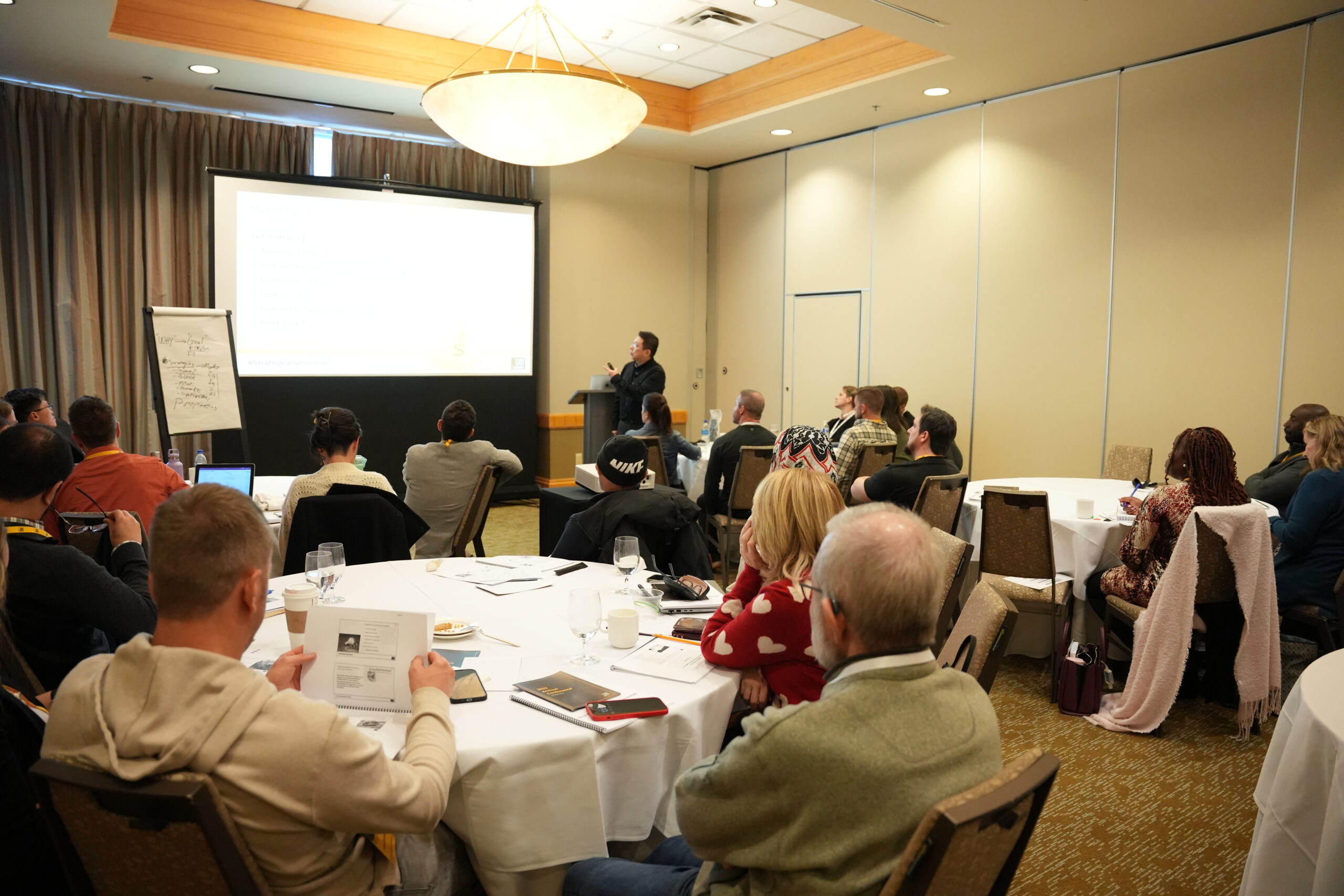Real Estate Investment Risks and Rewards: What Every Retiree Should Know
Investing in real estate is often touted as a smart move for retirees looking to diversify their portfolios and generate passive income. However, like any investment, real estate comes with its own set of risks for the uneducated and rewards for those who know where to look. Understanding these can help retirees make informed decisions that align with their financial goals and lifestyle preferences.
The Rewards of Real Estate Investment
One of the primary benefits of real estate investment is the potential for an additional steady income stream. Rental properties can provide a reliable monthly income, which can be especially valuable for retirees who are on a fixed retirement income being devalued by high inflation. As Darren Hardy notes in “The Compound Effect,” small, consistent actions can lead to significant results over time. This principle applies perfectly to real estate investments, where the cumulative effect of rental income can create a substantial financial cushion.
Over time, real estate properties typically appreciate in value. This means that, in addition to earning rental income, retirees can benefit from the increasing value of their investment. James Clear, in “Atomic Habits,” emphasizes that continuous improvement and systematized habits lead to success. In real estate, systematic property maintenance and smart investment choices can lead to significant opportunities for predictable appreciation and wealth accumulation.
Real estate investors can also take advantage of various tax benefits. Deductions for mortgage interest, property taxes, operating expenses, depreciation, and repairs can significantly reduce taxable income. As John C. Maxwell suggests in “No Limits,” removing self-imposed limits and understanding the financial tools available can maximize one’s potential. Applying this to real estate, utilizing tax benefits strategically can enhance overall returns.
Adding real estate to a retirement portfolio provides diversification, reducing the risk associated with a heavy reliance on mutual funds and bonds. Real estate often behaves differently than other asset classes, helping to balance out an investment portfolio. Robert Kiyosaki, in “Unfair Advantage,” emphasizes the importance of strategic thinking and leveraging opportunities, which is essential for diversifying and strengthening a retirement portfolio.
The Risks of Real Estate Investment
While the rewards of real estate are compelling, retirees must also be aware of the potential risks. Real estate markets can be volatile, and economic downturns can impact property values and rental income. As Brendon Burchard reminds us, “We are not the sum of our intentions but of our actions.” Retirees must proactively review investment performance to navigate market fluctuations and protect their assets.
Some real estate investments are not as liquid compared to stocks and bonds.. Selling a property can take time, and in a down market, it can be challenging to get a desirable price. This lack of liquidity can pose a problem if retirees need to access their investment quickly. Tim Grover, in “Relentless,” emphasizes the importance of mental toughness and perseverance, which are crucial when dealing with the illiquid nature of real estate investments.
Managing rental properties involves responsibilities such as finding and retaining tenants, handling maintenance and repairs, and dealing with potential legal issues. While property management companies can handle these tasks, their services come at a cost. Jim Rohn wisely said, “Discipline is the bridge between goals and accomplishment.” For retirees, disciplined management or hiring reliable professionals is key to successful real estate investing.
Unexpected expenses such as major repairs, property damage, or tenant turnover can eat into expected returns and create financial strain. Robin Sharma, in “The Monk Who Sold His Ferrari,” emphasizes that actions, not intentions, lead to results. Planning for these unexpected costs and maintaining a reserve fund can help retirees manage their real estate investments more effectively.
If a retiree is financing their real estate investment with a mortgage, changes in interest rates can affect their returns. Rising interest rates can increase mortgage payments and reduce cash flow, making it harder to cover expenses and generate profit. Ed Mylett, in “The Power of One More,” highlights the importance of pushing beyond limits.
Tips for Retirees Considering Real Estate Investment
- Do Your Research: Thoroughly research the real estate market and specific properties before investing. Understanding market trends, property values, and local economic conditions can help make more informed decisions. As Mark C. Winters in “Rocket Fuel” suggests, understanding the dynamics of your investment can lead to better outcomes.
- Diversify: Don’t put all your eggs in one basket. Diversifying your real estate investments across different types of properties and locations can help mitigate risksDiversification is a safety factor that is essential because we should be humble enough to admit we can be wrong. ” John Templeton.
- Plan for Expenses: Set aside a reserve fund for unexpected expenses and maintenance costs. This can help protect your investment and ensure you can handle any surprises without financial strain.
- Evaluate Financing Options: Carefully consider the terms of any financing options. Fixed-rate mortgages can provide stability, while adjustable-rate mortgages might offer lower initial rates but come with the risk of rising payments.
Conclusion
Real estate investment can be a valuable addition to a retiree’s financial strategy, offering potential for steady income, appreciation, and diversification. However, it’s crucial to understand the risks involved and take steps to mitigate them. Lifelong learning plays a key role here, as staying informed about real estate investing not only enhances one’s financial acumen but also ensures sound decision-making. By doing thorough research, planning for expenses, and considering professional management, retirees can make the most of their real estate investments and enjoy a more secure and rewarding retirement. Knowing about real estate investing makes financial sense, as it empowers retirees to navigate the market with confidence and optimize their investment outcomes.















